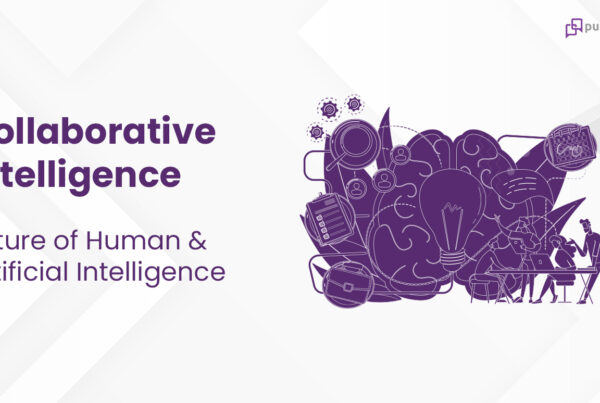
Talent creation and talent hunt is not what it used to be. It is a common sight in many of the technology firms these days, sifting though very high number of resumes to find the right candidates and to go through the arduous task of trying to match all the tall claims made in the paper to the real knowledge and experience of the individual.
Good help is hard to find. At least that’s what one third of the hiring managers say in a 2015 survey by the Manpower group.
In my professional experience, as part of my job to hire talent, I have seen resumes filled with jargons to the brim and with so much of inflated claims of expertise. Thanks to the WWW, the popularity of all these technology jargons has only resulted in creation of deepening mediocrity. With real success in these new technology areas continuing to be so elusive to many businesses, it is quite an irony that the resumes portray a contrasting story of all pervasive success.
A jargon rich world has also resulted in the mushrooming of so many institutions claiming to provide quality training to demystify these jargons on new fields. They continue to churn out talent to meet the quick win needs of the industry and invariably most of the students are either discouraged to fully master a skill or they are sold half-cooked expertise in a box. Soon, these fill up their resume with nothing but, – yes, you guess it right – jargons.
Technologies and Principles that are not properly understood can cause as much grief and pain in their application to solve real world problems, than the true merits for which they were created in the first place.
Unfortunately this is the scenario in many of the organizations which continue to base their talent pursuit purely based on rhetoric and short term quick wins, than a well-conceived need and purpose.
Here is a very popular quote from the great physicist and teacher, Richard Feynman where he articulates ‘the difference between knowing the name of something and understanding it’.
See that bird? It’s a brown throated thrush, but in Germany it’s called a halzenfugel, and in Chinese they call it a chung ling and even if you know all those names for it, you still know nothing about the bird. You only know something about what they call the bird. Now that thrush sings, and teaches its young to fly, and flies so many miles away during the summer across the country, and nobody knows how it finds its way.”
Unfortunately, the most prevalent way technology expertise is taught and consumed today is just like the superficial way of knowing the names of birds, with very less appreciation for the underlying concepts and philosophies behind its creation and application.
It is not that these hard skills are elusive to the common man and that you need uniquely talented minds to acquire them. Human brains are easily adaptable and all it requires is a persistent hot pursuit on gaining the expertise the right way.
So, what is the right way to learn the hard skills, especially in the current scenario when there is a perceived shortage and need for right talent?
Here is a profound excerpt from this wonderful book by Anders Ericsson – Peak: Secrets from the New Science of Expertise.
we have far more power than we ever realized, to take control of our own lives.
no matter what the field, the most effective approaches to improving performance all follow a single set of general principles namely Deliberate Practice.
Deliberate practice was developed specifically to help people become among the Best in the world at what they do and not merely to become ‘good enough’.
Understanding anything – not just technology – requires a patient approach, that starts with a mandatory step of grounding oneself in Basics and pursuing the area of interest on a prolonged and disciplined manner with deliberate practice – which hardly finds many takers in this current generation.
While Google is fine-tuning its search algorithms to out-think and out-smart us on our information need, this easy access to a wealth of information is leaving a huge dent on our mental habits towards building genuine expertise – knowing the name of something versus understanding it!
Unfortunately, this Google search based mentoring method is getting lots of following these days, and no wonder we are a jargon rich world. This is NOT how expertise in any field is built. As Ericsson’s narrative on Deliberate Practice goes,
You wish to climb a mountain. You’re not sure how high you want to go – that peak looks an awfully long way off – but you know you want to get higher than you currently are. You could simply take off whichever path looks promising and hope for the Best, but you’re probably not going to get very far. Or you could rely on a guide who has been to the peak and knows the best way there. That will guarantee that no matter how high you decide to climb, you are doing it the most efficient, effective way. That best way is deliberate practice. It will show you the path to the peak; how far you travel along that path is upto you.




